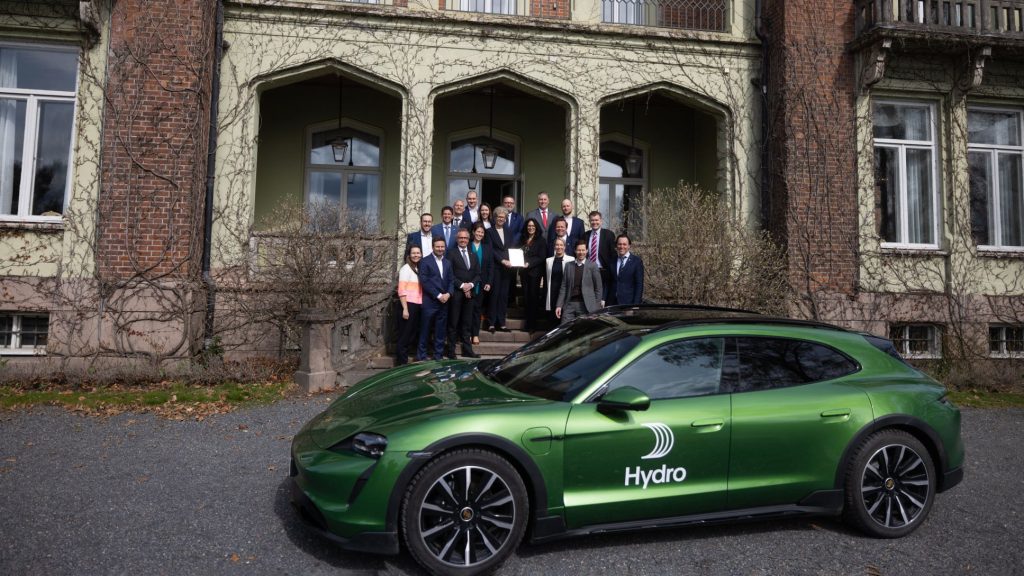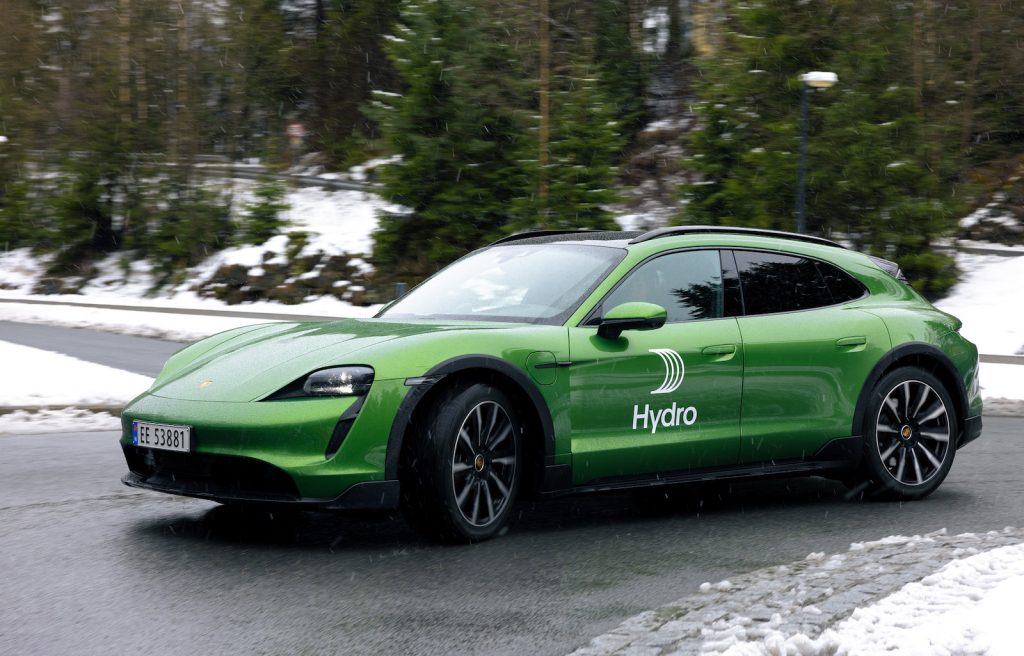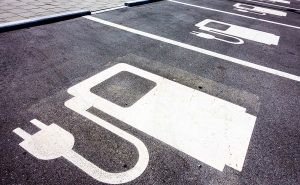
Porsche Launches New Alliance to Reduce the Carbon Footprint of Vehicles

Porsche has decided to introduce even more meticulous and sustainable manufacturing processes in the cars it will soon bring to market.
That is why the German luxury sports car manufacturer has reached an agreement with Hydro, a Norwegian industrial company, to reduce the carbon footprint of Porsche vehicles to its maximum expression.
The goal will be achieved through the use of Hydro’s aluminum and extrusions. The two companies will also collaborate on an innovative value chain concept for battery materials and recycling.
Hydro will supply Porsche and several of its suppliers with Hydro Reduxa 4.0 aluminum, a material generated with low CO2 emissions. This aluminum alloy has one of the lowest CO2 footprints on the market today and is produced with renewable energy.

Read also: BYD Impacts on the Electromobility World with Pioneering Intelligent System and Supercar
In Figures
The emissions accounted for range from the mine to the production of the metal. By 2025, in future vehicle projects, Hydro will enable Porsche to reduce emissions to around 3.5 kilograms of CO2 per kilogram of aluminum used.
This figure is about 60 % lower than the average amount of aluminum currently consumed in Europe as a raw material.
“Porsche is working to achieve a carbon-neutral value chain for our vehicles by 2030. Aluminum and materials for battery production play a key role in our sustainability strategy. With Hydro’s aluminum, we aim to substantially reduce the CO2 emissions from this important material,” says Barbara Frenkel, Member of the Executive Board of Porsche AG responsible for Purchasing.
For her part, Hilde Merete Aasheim, President and CEO of Hydro, pointed out that to reduce global warming it is necessary to decarbonize energy systems, produce for circularity and recycle resources already in use.
“Aluminum is a key factor in the ecological transition, but supply chains need to become emission-free. The industry needs to collaborate to make this happen and we are delighted to be able to work with a pioneer like Porsche in our common task of creating a nearly carbon-free car,” he stressed .
Plans
The proportion of aluminum in Porsche vehicles has been steadily increasing. This material is one of the key elements in the transformation of an electric car into a sports car, due to its excellent mechanical properties in relation to its low density.
Today, aluminum already accounts for nearly 30 % of the total weight of the Porsche Taycan, the manufacturer’s first electric sports car.
As part of the decarbonization plans of both companies, Hydro has set ambitious targets: by 2030, the aluminum it supplies to Porsche’s suppliers must be CO2-neutral.
To further improve the circular economy and the carbon footprint of aluminum, the Norwegian company wants to promote the use of renewable energies in aluminum production and the recycling of scrap metal.





